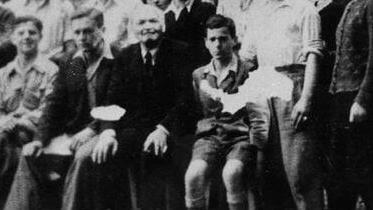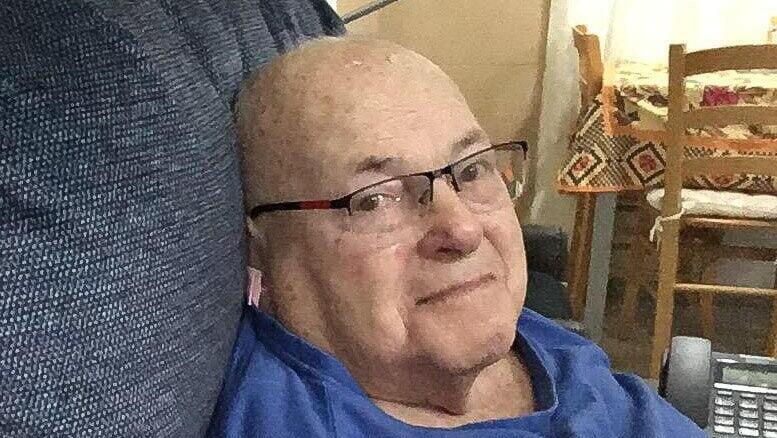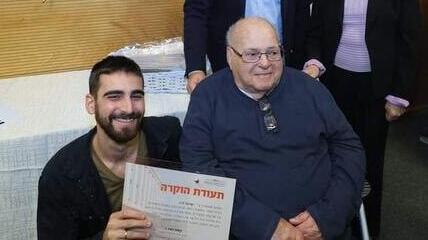Israel Levin, the last Jewish youth to survive Auschwitz concentration camp, passed away on Tuesday aged 90.
Levin was 11 years old when he managed to escape the camp alongside his father and a group of other adults through the camp’s sewer system.
Reminiscing on his life, Levin’s children said he would often tell them about the hardships he endured as a youth. “He would often say ‘I fought for my life until I was 13, unlike any of you.” One of them added that his father, Leizer, was one of the leaders of the Warsaw Ghetto Uprising that took place in 1943.
Levin’s mother and sister were murdered in the Holocaust, while he and his father survived. “They were members of the last group who managed to escape the Nazis,” Levin’s daughter, Ronni, said.
“They escaped through the large sewage tunnels and hid there. The adults would carry my dad on their shoulders so that he wouldn’t drown in the water.”
Levin’s son, Eyal, adds that their father thought it important to tell the story of his escape. “In recent years dad became sick but was of clear mind and talked to us carrying on. He always spoke about the partisans who helped the group in the forests, and how a Polish family hid him for months.”
Levin arrived in Israel in 1945 at 13 with his father, settling in northern Israel’s Kibbutz Yagur. When his father became sick and eventually blind, Levin supported and aided him. He enlisted into the IDF’s Armored Corps and continued working in the kibbutz after his discharge.
He married Batya Rabinovitch and had four children: Etti, Uri, Ronni, and Eyal. “When Batya became ill, he lovingly cared for her until she passed,” Etti said. Levin went on to remarry and has another son, Ido.
He managed a factory in the kibbutz, and went on to manage the umbrella organization in charge of factories in Israel's northern Jezreel Valley. During his career, he was involved in Kibbutz Yagur’s leadership, including serving as its secretary general.
He then advanced to the role of interior secretary of the United Kibbutz Movement - an organizational body consisting of nearly 230 kibbutzim in Israel.
“I remember Israel as a man who was wise, dedicated, and loyal to his friends and the kibbutz,” his friend and coworker in the movement, Yaakov, said.
Levin also advanced in rank in the military, reaching the rank of Lieutenant Colonel and fought in many of Israel’s wars.
During the Yom Kippur War in 1973, when he and his brigade arrived at the front line and saw burning Israeli tanks, he said that “there will not be another Holocaust,” and ordered the troops to engage the enemy.
After he was wounded in battle, Levin escaped from hospital and returned to his post to continue fighting.
“Dad was a responsible activist and leader who had no ego and demanded little, he loved life and wanted to continue living,” Levin’s family said.




